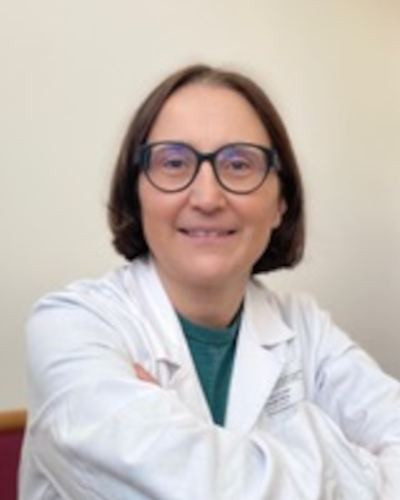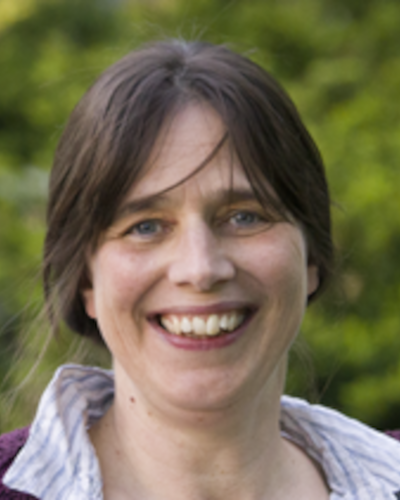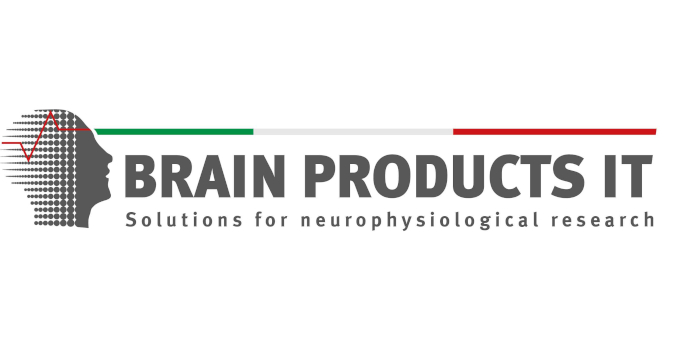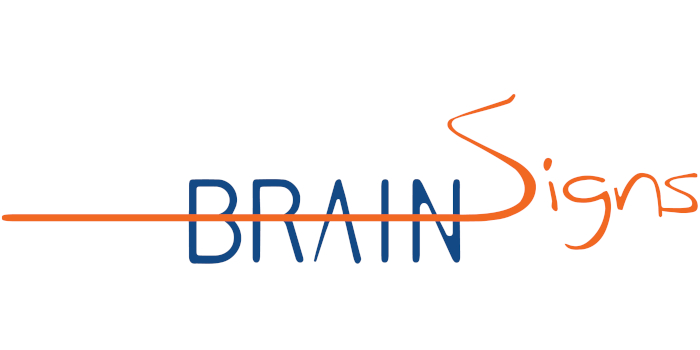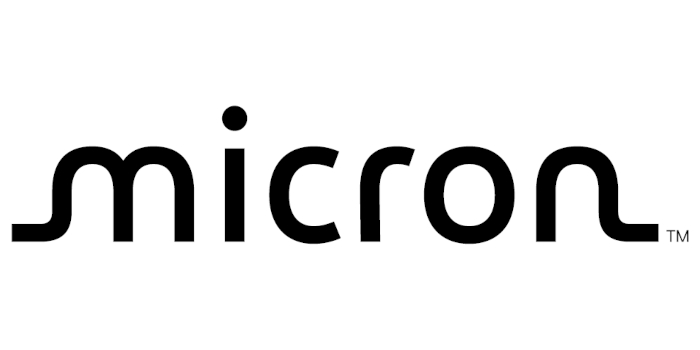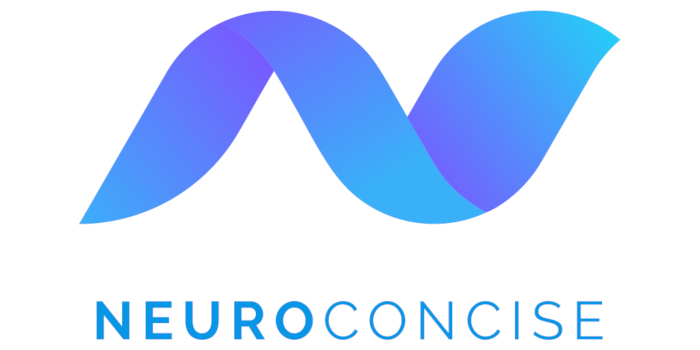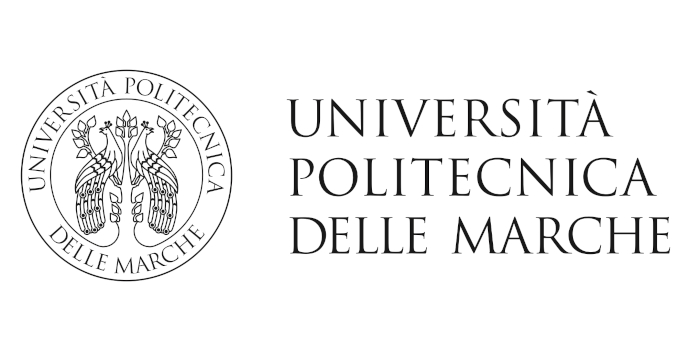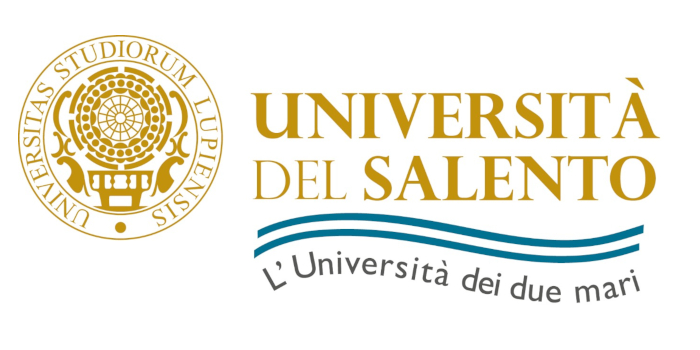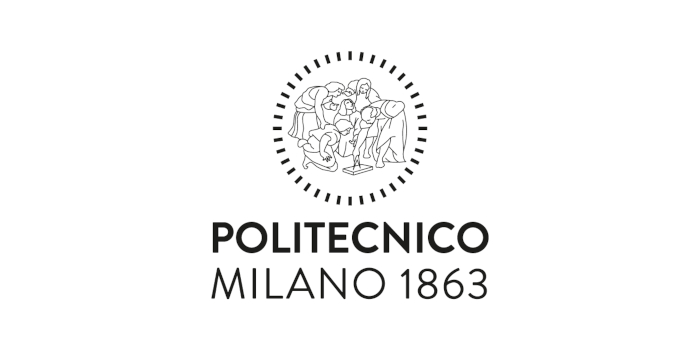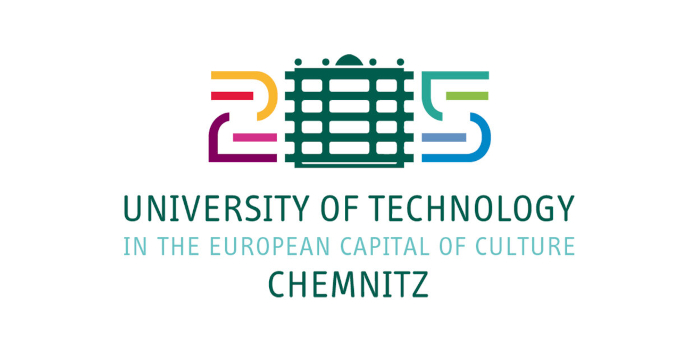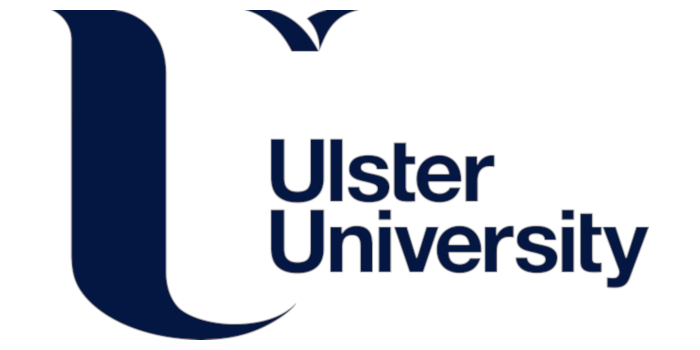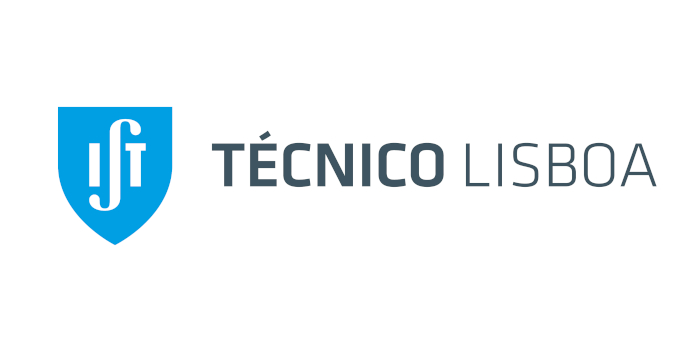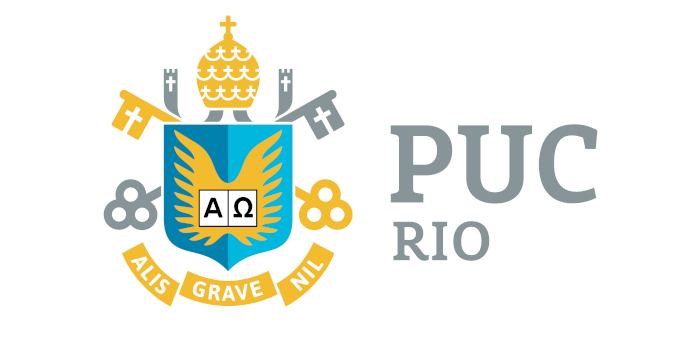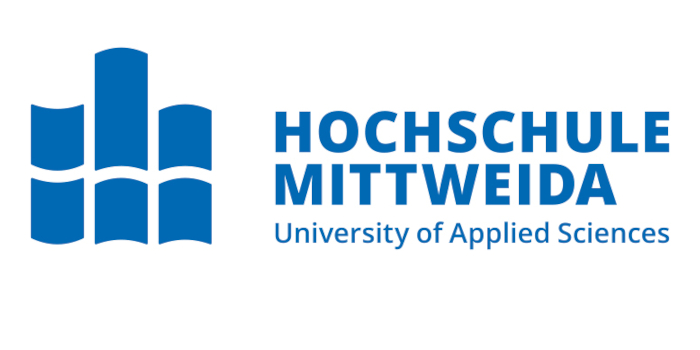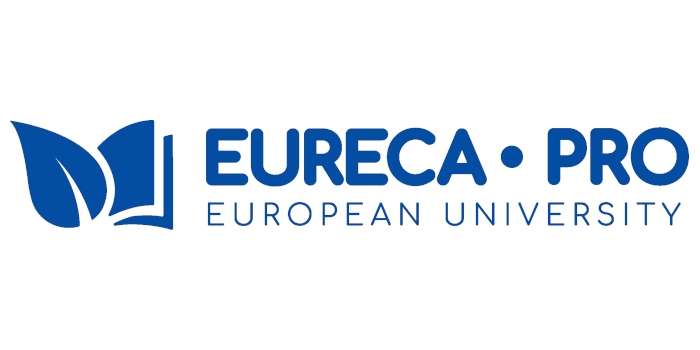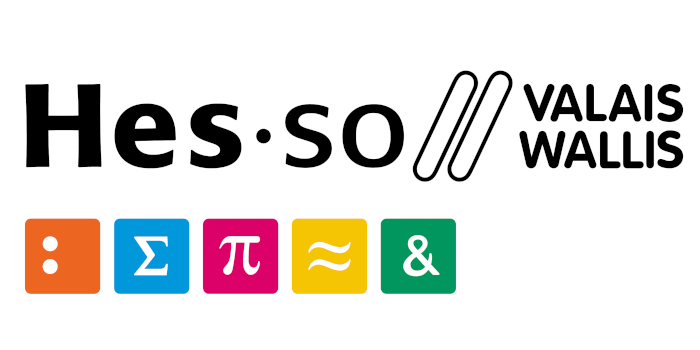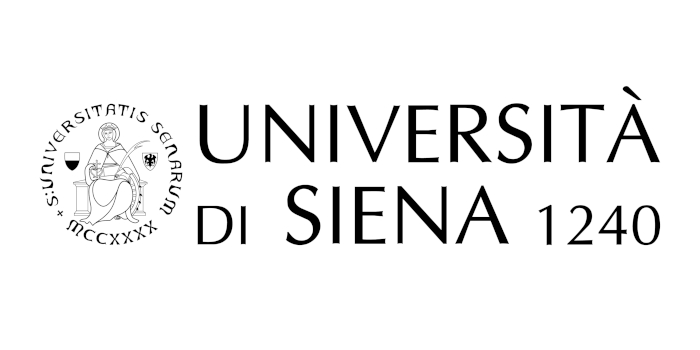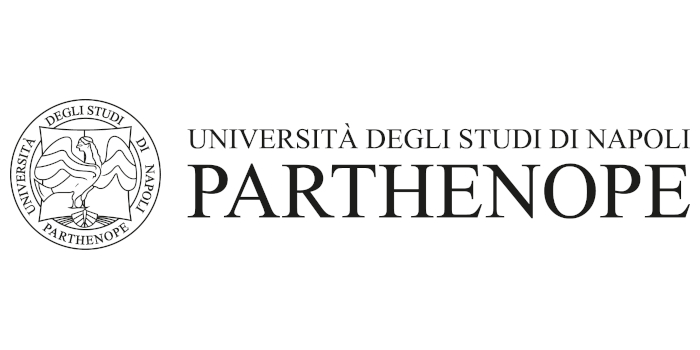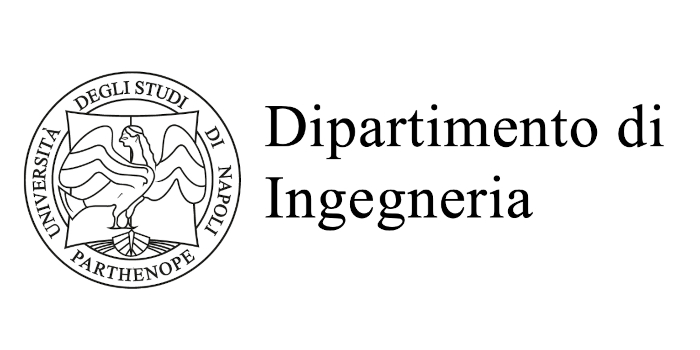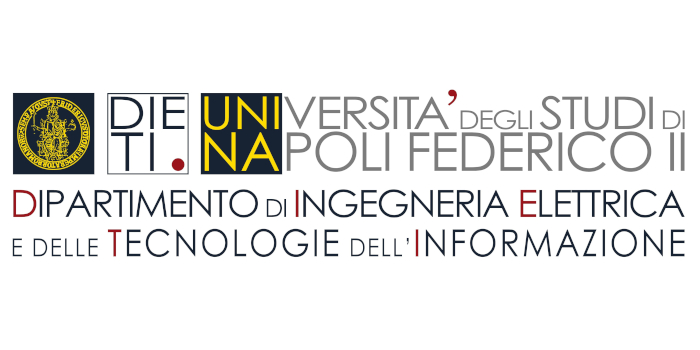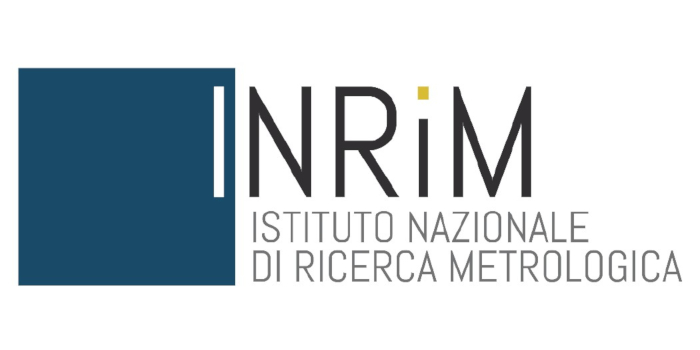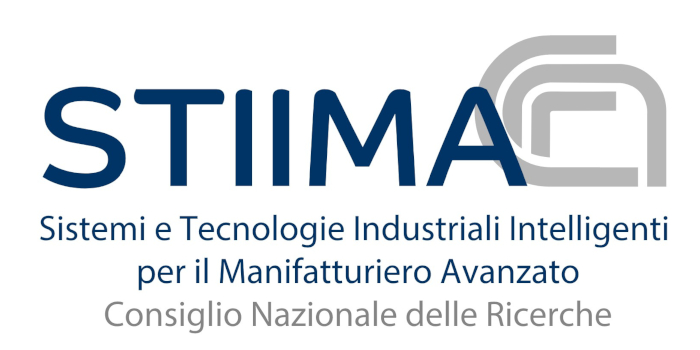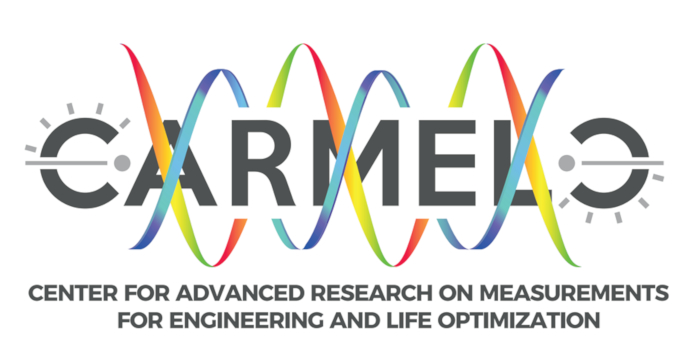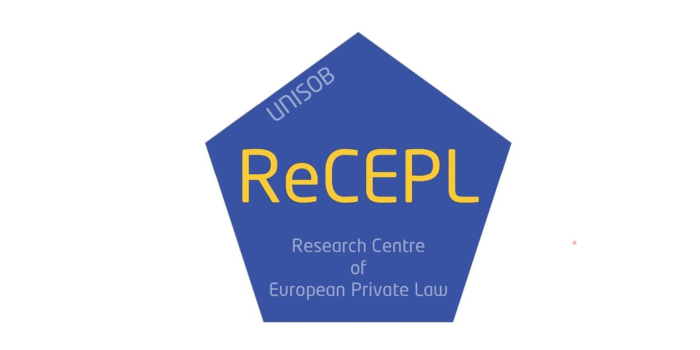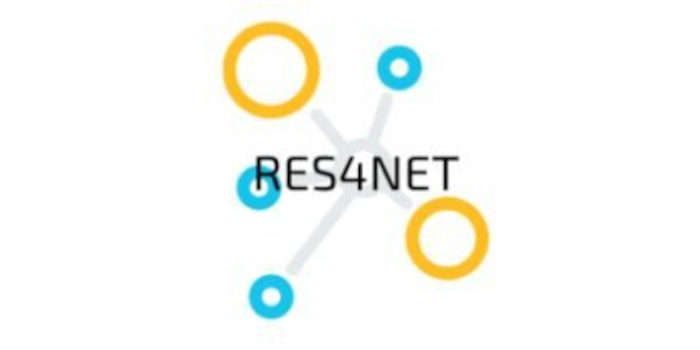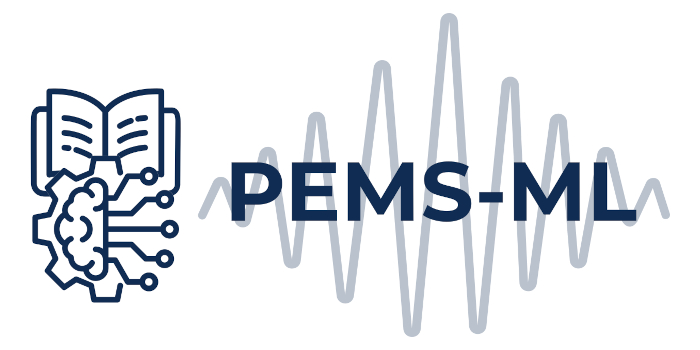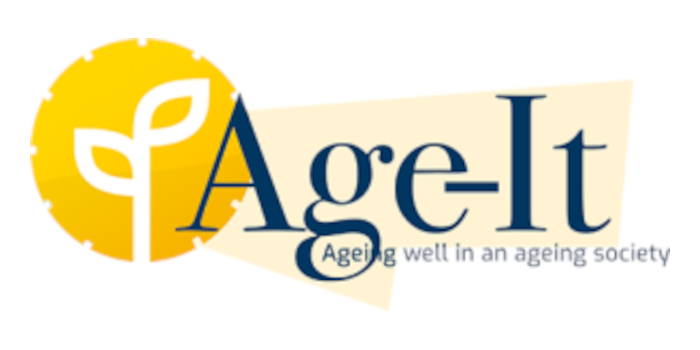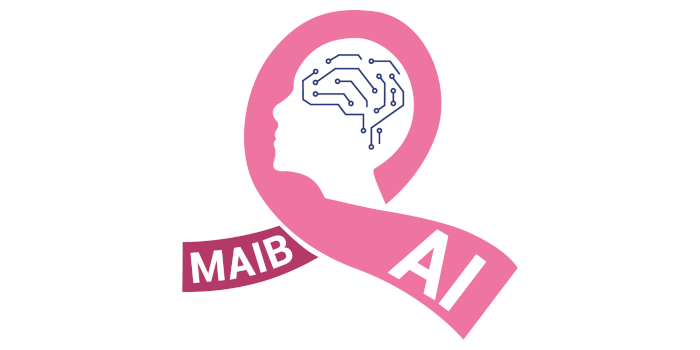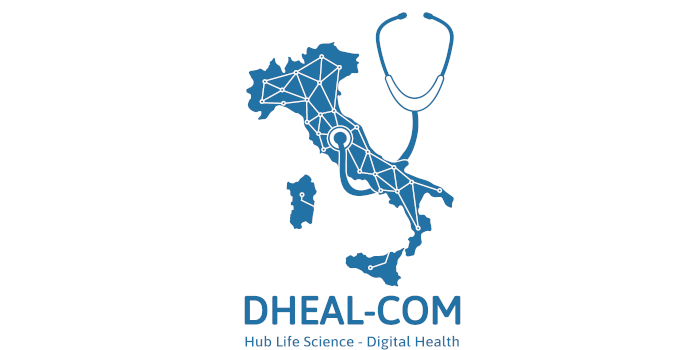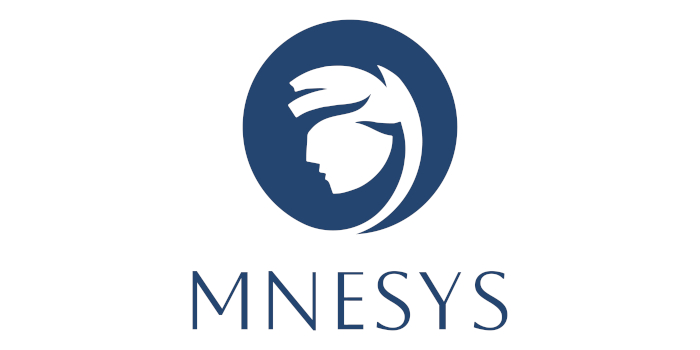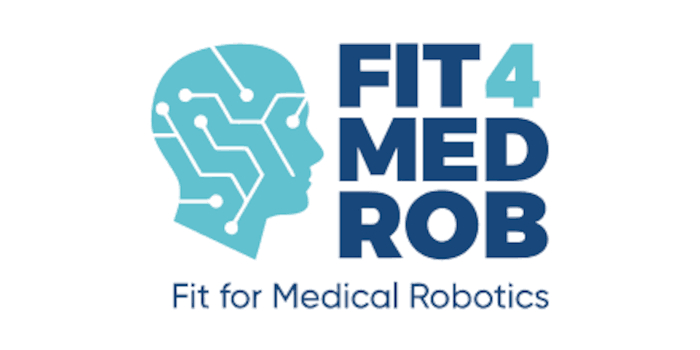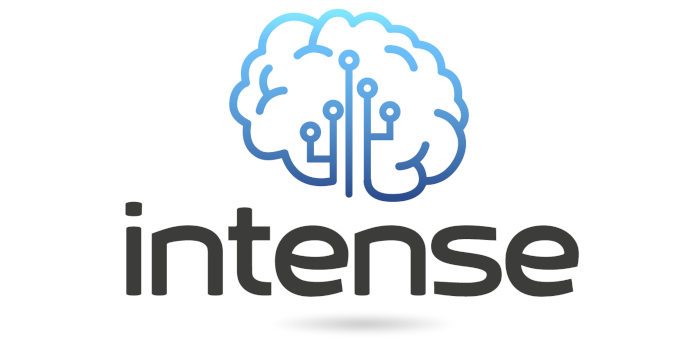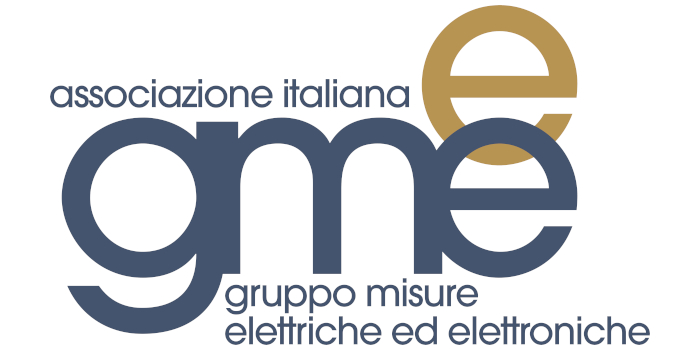THEMATIC SESSION #19
Neuroadaptive Technologies in Healthcare and Rehabilitation
ORGANIZED BY
Sofia Straudi
University of Ferrara, Italy
Naomi Du Bois
University of Bath, UK
Nicola Moccaldi
Federico II University of Naples, Italy
Ludovica Gargiulo
Institute of Intelligent Industrial Technologies and Systems for Advanced Manufacturing of the National Research Council (STIIMA-CNR), Italy
ABSTRACT
Neuroadaptive technologies, including brain-computer interfaces (BCIs) and extended reality (XR), enable environments that can dynamically respond to users' cognitive and physiological states by interpreting brainwave data. These adaptive systems hold significant potential across various domains, particularly in advancing healthcare applications such as diagnosis, therapy, and rehabilitation.
TOPICS
We welcome original contributions on topics including but not limited to:
- EEG-based psychophysical condition monitoring;
- Wearable sensors;
- Neuro- and bio-feedback;
- Accuracy and Precision versus wearability;
- Machine learning-based biosignal processing;
- Extended Reality for improving ecological validity;
- Domain adaptation and generalization for biosignal-based mental state detection;
- Applications and case studies.
ABOUT THE ORGANIZERS
Sofia Straudi, MD, PhD is an Associate Professor of Physical Medicine and Rehabilitation at Ferrara University (Italy) and the coordinator of the master degree of Rehabilitation Sciences of Health Professions. As a clinician, she has expertise in neurorehabilitation clinical pathways and complex disabilities, with a specific focus on neurodegenerative conditions, such as multiple sclerosis, ASL, and Parkinson’s disease. Her research agenda focuses on implementing new technologies in clinical practice, including robotics, virtual reality, and non-invasive brain stimulation techniques. Moreover, she is interested in developing clinical or digital biomarkers of recovery.
Dr Naomi du Bois is a Research Associate at the University of Bath, UK, specializing in Brain-Computer Interface (BCI)-based solutions to advance innovative rehabilitative and therapeutic applications. She is affiliated with the university’s Human-Computer Interaction and Artificial Intelligence & Machine Learning research groups, both part of the Bath Institute for the Augmented Human (IAH).
Nicola Moccaldi is an Assistant Professor at the University Federico II of Naples. He received the M.S. degree in Communication Science at the University of Salerno, the M.Sc. degree in Electronic Engineering, and the Ph.D. in Information Technologies and Electrical Engineering at the University of Naples Federico II. His current research interests include biomedical instrumentation and measurement.
Ludovica Gargiulo is a Research Fellow at the Institute of Intelligent Industrial Technologies and Systems for Advanced Manufacturing of the National Research Council (STIIMA-CNR). She received her M.S. degree in Biomedical Engineering and her Ph.D. in Information and Communication Technologies for Health from the University of Naples Federico II. Her current research focuses on wearable electroencephalographic systems for cognitive assessment.


